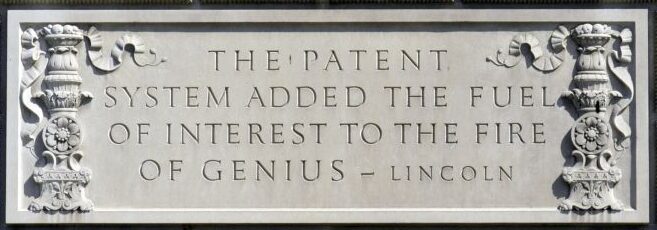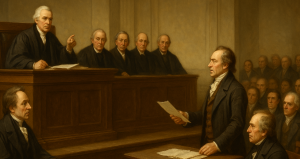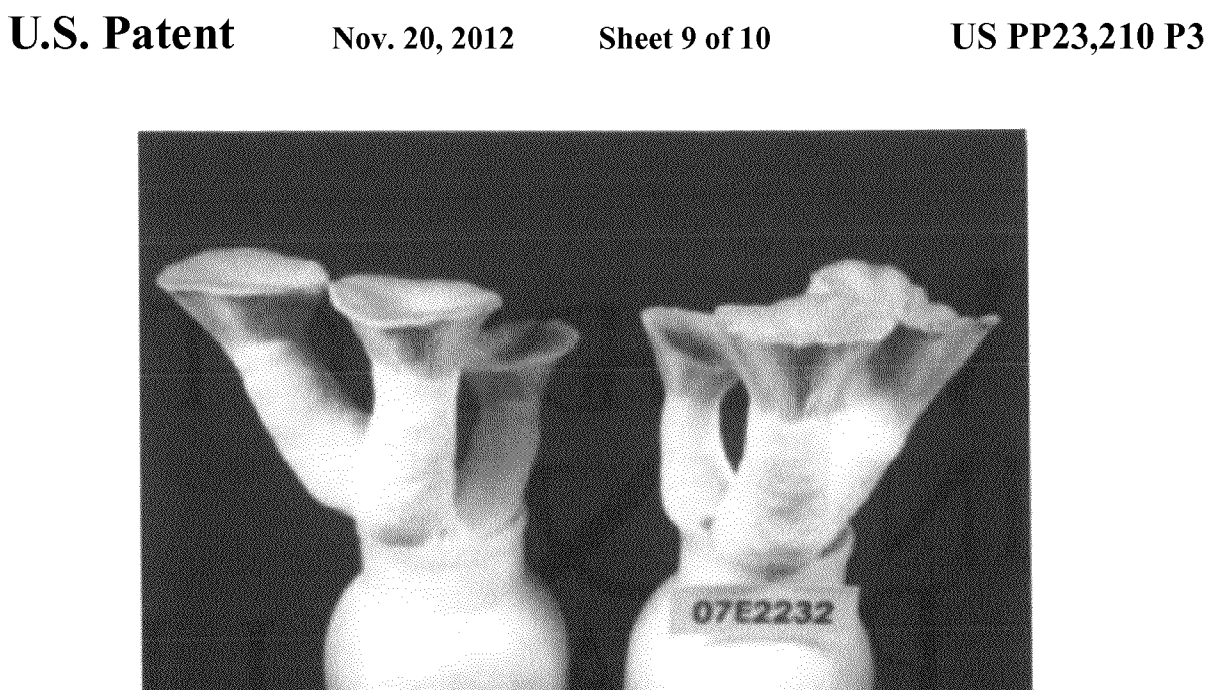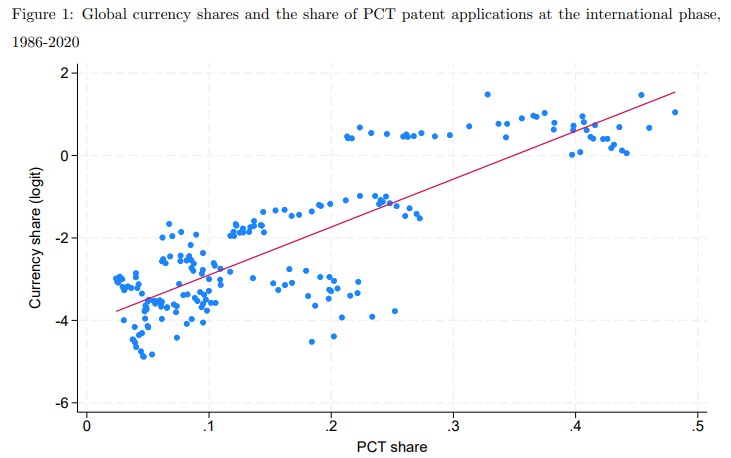by Dennis Crouch
Abraham Lincoln holds a unique distinction as the only U.S. President to hold a patent. U.S. Patent No. 6469, granted in 1849, covered a device for lifting riverboats over shallow waters using bellows and air chambers. Lincoln also litigated patents in his role as a lawyer. His experience with the patent system informed what would become one of the most quoted aphorisms in intellectual property law, delivered during Lincoln’s largely forgettable 1858 lecture on “Discoveries and Inventions.” In that lecture delivered in Bloomington, Illinois, Lincoln declared that the patent system “added the fuel of interest to the fire of genius, in the discovery and production of new and useful things.” IMO, this elegant formulation captured the fundamental economic theory underlying patent law. Humans have natural creativity and genius that is always burning, but the material incentive of exclusive rights is often needed to spur innovation.
Lincoln’s lecture traced the evolution of human innovation from the biblical first human invention (fig leaf clothing) to the Industrial Revolution. He specifically praised the U.S. Constitution’s Patent Clause as itself a “a great step in the progress of civilization.”
I have already intimated my opinion that in the world’s history, certain inventions and discoveries occurred, of peculiar value, on account of their great efficiency in facilitating all other inventions and discoveries. Of these were the arts of writing and of printing — the discovery of America, and the introduction of Patent-laws.
The speech does not delve into contemporaneous decisions such as O’Reilly v. Morse, 56 U.S. 62 (1854), that raised the concern of overclaiming and monopolizing a broad principle (or abstract idea). However, the “fire” metaphor may have been an intentional inversion of Thomas Jefferson’s earlier fire imagery. In his 1813 letter to Isaac McPherson, Jefferson argued that ideas are “like fire, expansible over all space, without lessening their density in any point” and thus should spread freely rather than be subject to “exclusive appropriation.” Jefferson’s fire metaphor emphasized the non-rivalrous nature of knowledge – that ideas, like flames, can be shared infinitely without diminishing the original source. (more…)










